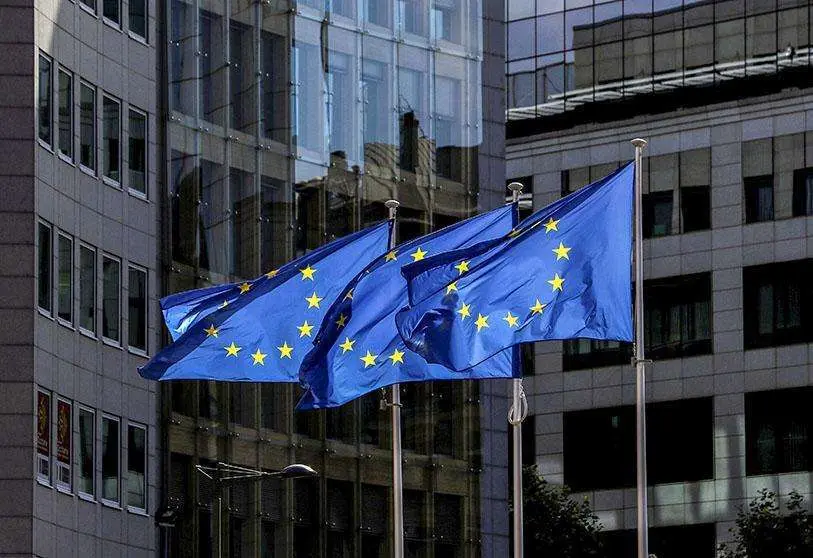Germany, France and Italy redefine the EU

The liberal Christian Lindner will be the powerful finance minister in the new German government of Social Democrat Chancellor Olaf Scholz. The two will shape the political line of the European Union after Angela Merkel's definitive departure from the scene. And their first task will be to put the European train back on the rails of orthodoxy, after the COVID-19 pandemic forced the relaxation of budgetary control measures. 1 January 2023 is the date already set by the Commission to re-establish the basic principles of not exceeding the 3% maximum public deficit and 60% of GDP of debt.
Lindner, the man who will set the European standard, has always been a staunch advocate of orthodoxy, which before the pandemic was described in southern European countries, especially Spain, as "austericide". There is thus barely a year left to design how to reinstate "canonical" control measures, bearing in mind that in the last two years both deficits and debt levels have soared across the EU, with Spain being the most cheerful member of the gang in overshooting the limits.
It is clear that the new social-democratic-green-liberal German government will not be able to suddenly reverse the inertia of runaway spending, but it is not difficult to predict that it will impose draconian adjustment plans, not exempt from increasingly narrow margins of flexibility, so that Europeans become aware that the spending spree is coming to an end. In any case, there is no question of restoring the Stability Pact, which is basically the keystone of EU cohesion itself. The fundamental question to be resolved will be how to soften the social cost that such a determination will bring, in order to mitigate and soften it, but without questioning the principle that the accounts must be balanced again without cheating, trickery or other artifices of accounting and financial engineering.
Without Merkel but with Scholz, Germany will continue to be the EU's main economic power, a power seasoned with growing political influence. A leadership that will count France and Italy as its main partners; the bankrupt Spain, increasingly distant from the top, may be reduced to a country in intervention, engrossed in its internal and village quarrels.
In this regard, the Quirinal Treaty signed in Rome by the President of the French Republic, Emmanuel Macron, and the President of the Italian Council of Ministers, Mario Draghi, is worth highlighting. It is a profound text, divided into eleven major chapters, covering everything from the common vision in foreign and defence policy to cross-border cooperation and the future of public administration. It is much more than a declaration of intent, so much so that some analysts compare it to the treaty signed in 1963 by Charles De Gaulle and Konrad Adenauer, the cornerstone of the Franco-German axis as the driving force of Europe.
Macron and Draghi thus make no secret of their intention to serve as a counterweight to German power without disputing its leadership, but ultimately forming the decision-making trident of the new EU. Spain has dropped out of this leading group, both because of the lack of control of its finances and because of the mistrust of its current political architecture, which is seen in a thrifty and serious Europe as a threatening destabilising factor.
Of course, both the French and the Italians see Spain as playing a key role in Mediterranean policy, an area of special attention due to its explosiveness, but both do not consider it on the same level, which will result in less Spanish influence in the shaping of the new EU. Europe needs locomotives and, unfortunately, in recent years Spain seems to have settled for the role of a mere drag car.

